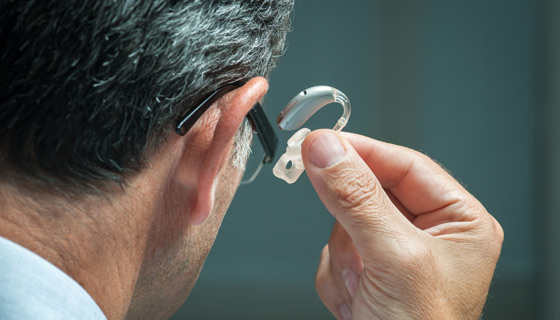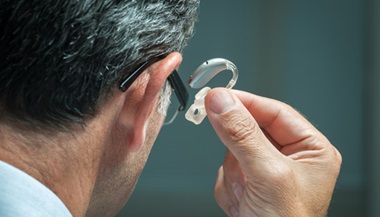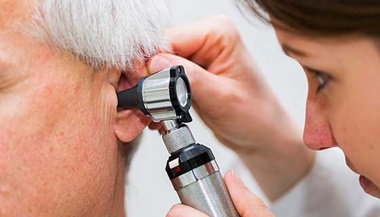Troubleshooting Hearing Aids
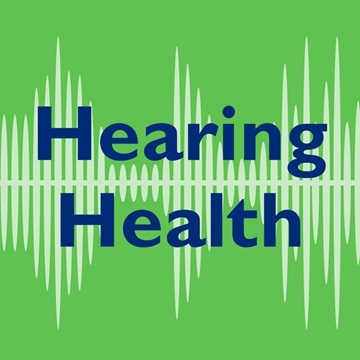
If your hearing aid is not working properly, the problem might be one you can solve on your own. Here are some tips to try before calling your audiologist.
Problem: Hearing Aid Sound Is Weak or Dead
First things first: Check to make sure you have a fresh battery in your device and replace the battery regularly as needed.
The most common reason for a hearing aid to sound weak or dead is that it is clogged with wax or debris. If your hearing aid has a wax guard, try replacing it with a fresh one. If you have a cleaning tool (brush or pick), clean both the microphone and receiver (speaker). Learn more about caring for your hearing aid.
Problem: The Hearing Aid Has Gotten Wet
Check for moisture visible in the tubing of a behind-the-ear model and for corrosion in the battery door compartment. If moisture is a possible concern, put the device in your hearing aid dehumidifier or drying kit.
Problem: Whistling or Feedback
Make sure the device is properly inserted into your ear canal. If it is still creating feedback, you may have a blockage of wax or debris in your ear canal, or the device may not be fitting properly.
Problem: The Hearing Aid Is Slipping out of Your Ear
Moisture in your ear canal can cause the device to move around. The hearing aid also may change position from jaw movement when you talk or chew. If you use a dome on your hearing aid, try adjusting to a smaller or larger size. A retention wire may also need to be added by your audiologist.
Problem: The Hearing Aid Is Uncomfortable or Painful
Check to see that you have the hearing aid properly inserted into the ear. You may also need to check for wax buildup in the ear canal. If the discomfort persists, you may need the hearing aid shell to be modified or remade for a better fit.
What to Do Next
If your hearing aid is still not performing properly, it may be time to schedule an appointment with the audiologist or drop the device off with the medical office coordinators.
Your audiologist may be able to repair the hearing aid in the office or send it to the manufacturer for repair. If the hearing aid is not fitting well, you may need a new ear mold impression, after which your device would be remade by the manufacturer.
If your hearing aid appears to be functioning, the audiologist will check to make sure you do not have a blockage in your ear canal. If your ears are clear, then the audiologist may check your hearing to determine if there has been a change.
If you have experienced further hearing loss, the audiologist may be able to reprogram your hearing aid. Your audiologist can recommend the best course of action to get your hearing aid working optimally for you.
What You Need to Know Over-the-Counter Hearing Aids: Frequently Asked Questions
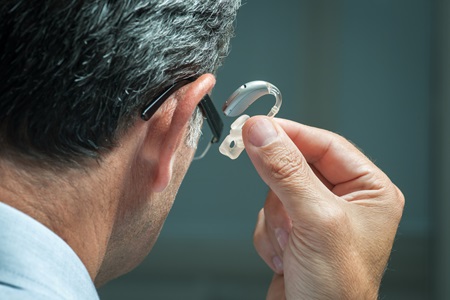
The Food and Drug Administration’s recent rule has expanded access to hearing aids by creating a new category of hearing aids: over-the-counter (OTC) hearing aids. Here are the answers to some of the most commonly asked questions about over-the-counter hearing aids.

